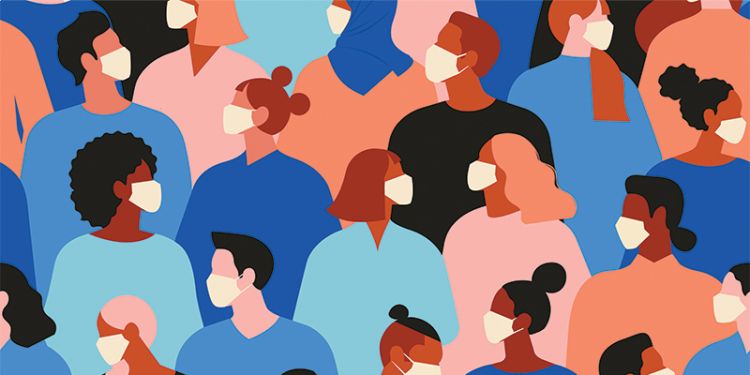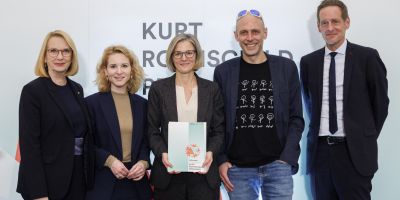The power of heroes

Dr Aulana Ulqinaku featured in Psychology Today on 6 April 2021, in an article discussing her recently published research on the impact of heroes on our ability to cope with mortality threats.
The Psychology Today article discusses the findings of the recent paper published by Lecturer in Marketing Aulona Ulqinaku along with co-authors Gülen Sarial‐Abi, Copenhagen Business School and Elaine L. Kinsella, University of Limerick, which investigated whether and how the existence of percieved heroes can help people to deal with instances of danger and mortality threats.
A hero is defined by the researching team as someone who ‘fights to make a positive difference in someone’s life, winning the respect and admiration of the masses’ serving the following functions to others: enhancement (providing motivation, hope, inspiration), moral modeling (reminding people about the concept of being “good”), and protection (keeping people from danger and evil).
The paper, entitled ‘Benefits of heroes to coping with mortality threats by providing perceptions of personal power and reducing unhealthy compensatory consumption’ explains the findings of four studies conducted by the researchers, which investigated the links between mortality threats, the mention or existence of a percieved hero, personal percpeptions of power, and healthy versus unhealthy snack choices.
The studies ranged from analysis of 15,000 tweets in response to terrorist attacks in 2016-2017 in Turkey, Germany and Israel, to experiments with 200 participants during the Covid-19 pandemic, and interviews of participants in Catholic countries associated with the period of November 1 to 3, the time in which the religious are prompted to remember their lost loved ones.
The experiments and data analysis all found that percieved heroes are useful sources in which people draw inspiration and personal power to help them overcome personal challenges and threats, especially in times of danger. In the data analysis, those who mentioned heroes in their tweets posted less statements relating to threat and mortality and more tweets relating to personal power. The experiments echoed the data findings: those who focussed on heroes in the controlled experiments were more likely to report feelings of personal power, and were also more likely to choose the healthy snack option, indicating that they had not given up. The authors commented:
Our findings suggest that both during threatening times related to terrorist attacks and Covid-19 pandemic, hero reminders can provide some relief to people experiencing mortality threats.
Psychology Today drew upon the findings to suggest that finding heroic inspiration is a useful way to bolster stress response and find personal fulfillment.




